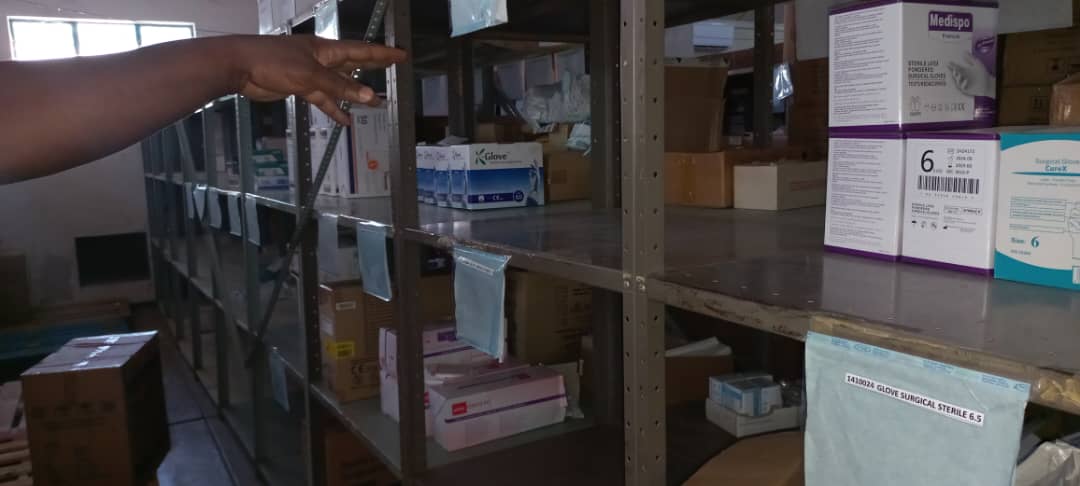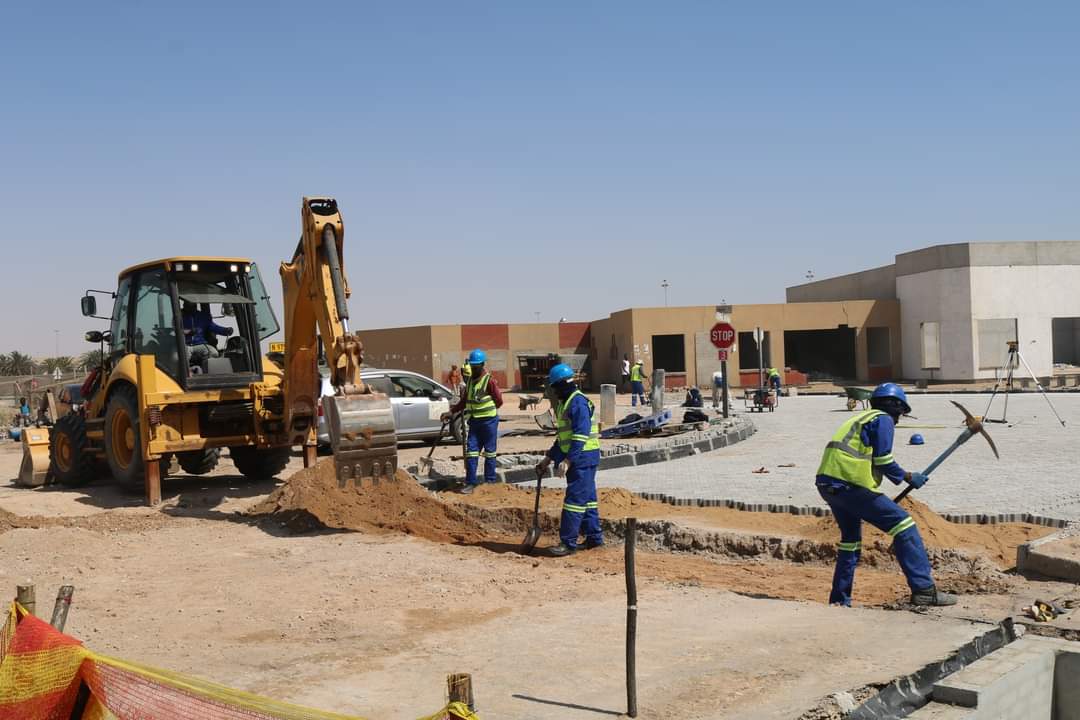CAIRO – Egypt’s government is struggling to contain a political crisis sparked by rising world food prices.
Violent clashes have broken out at long lines for subsidized bread, and the president, worried about unrest, has ordered the army to step in to provide more. The crisis in the world’s most populous Arab country and a top US ally in the Mideast is a stark sign of how rising food prices are roiling poorer countries worldwide.The World Food Programme on Monday urged countries to help it bridge a funding gap in food assistance caused by higher prices.The issue in Egypt centres on subsidised versions of the flat, round bread that is a staple of people’s diets.Acute shortages of subsidised bread, which is sold at less than one US cent a loaf, have caused long lines at distributors, prompting violence at some sites in poor neighbourhoods in recent weeks.At least seven people have died, according to police – two who were stabbed when fights erupted between customers waiting in line, and the rest from the exhaustion of waiting in line.Independent and opposition parties have been sharply critical of President Hosni Mubarak’s government, calling the long lines a sign that his government is failing.”Our life has become so miserable,” said one worker, Saber Ahmed, who spends up to four hours daily in bread lines to get 20 pieces of bread for colleagues at the cafe where he works.The 17-year-old, wearing a ragged T-shirt as he stood in a long line, said he and co-workers can’t afford to buy unsubsidised bread, “or any food to eat with it.”Nampa-APThe crisis in the world’s most populous Arab country and a top US ally in the Mideast is a stark sign of how rising food prices are roiling poorer countries worldwide.The World Food Programme on Monday urged countries to help it bridge a funding gap in food assistance caused by higher prices.The issue in Egypt centres on subsidised versions of the flat, round bread that is a staple of people’s diets.Acute shortages of subsidised bread, which is sold at less than one US cent a loaf, have caused long lines at distributors, prompting violence at some sites in poor neighbourhoods in recent weeks.At least seven people have died, according to police – two who were stabbed when fights erupted between customers waiting in line, and the rest from the exhaustion of waiting in line.Independent and opposition parties have been sharply critical of President Hosni Mubarak’s government, calling the long lines a sign that his government is failing.”Our life has become so miserable,” said one worker, Saber Ahmed, who spends up to four hours daily in bread lines to get 20 pieces of bread for colleagues at the cafe where he works.The 17-year-old, wearing a ragged T-shirt as he stood in a long line, said he and co-workers can’t afford to buy unsubsidised bread, “or any food to eat with it.”Nampa-AP
Stay informed with The Namibian – your source for credible journalism. Get in-depth reporting and opinions for
only N$85 a month. Invest in journalism, invest in democracy –
Subscribe Now!










